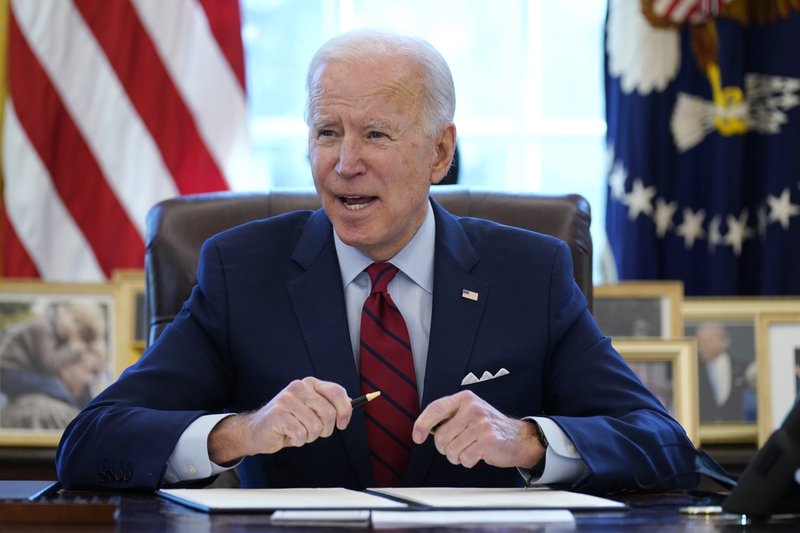At a meeting with the Egyptian Trade Union Federation on Wednesday, Prime Minister Ahmed Nazif said that any increase in the national minimum wage must draw on solid financial resources so as not to cause inflation.
“We raised wages for [state-run] information center workers when we found them to be unrealistically low,” Nazif said, promising that the government would meet the demands of all protesting workers as long as they were justified.
“The president always instructs the government to safeguard workers’ rights,” he said. “The first thing the president did after recovering from surgery was to celebrate May Day with the workers,” he added, noting that the president had “good news” to tell them.
Nazif stressed that there were “no problems” with new investors buying public-sector companies under the rubric of the national privatization program. “We only have a few longstanding issues that we are still in the process of resolving,” he said, asserting that the government would continue to support the textiles sector and help employees of the Maasara Telephone Equipment Company obtain early retirement packages.
Labor representatives present at the meeting requested that Nazif order more bonuses paid out to workers in different areas of the public sector, including the Ministry of Endowments and the state-run press. They also asked him to amend legislation regulating joint ventures to ensure that workers received profit-sharing benefits.
The prime minister promised to study the requests, which, he said, “don’t contradict our policies.”
The finance ministry, for its part, agreed to 37 out of 38 requests made by workers’ representatives pertaining to the new social security bill.
“It took us three years to come up with this bill,” Finance Minister Youssef Boutros-Ghali said at the meeting. “It’s a comprehensive law that can serve for another 75 years–not only ten years, like the current one.”
Translated from the Arabic Edition.




